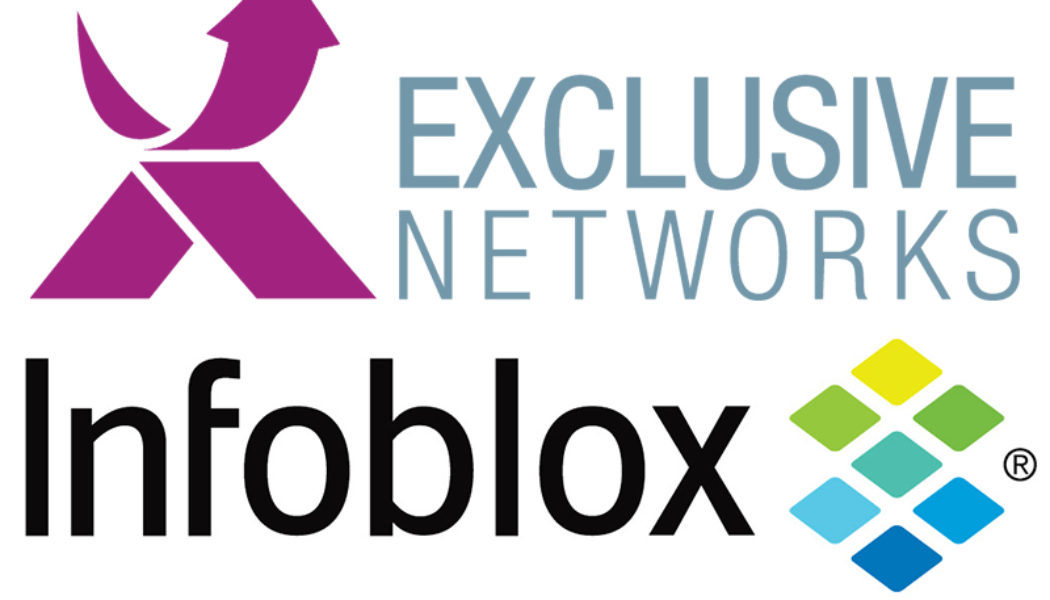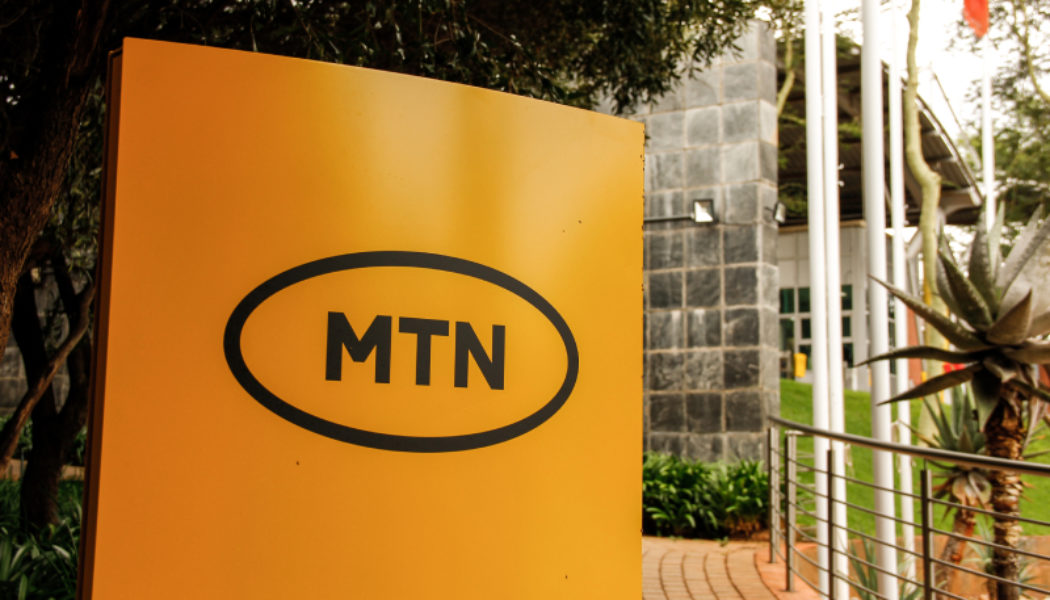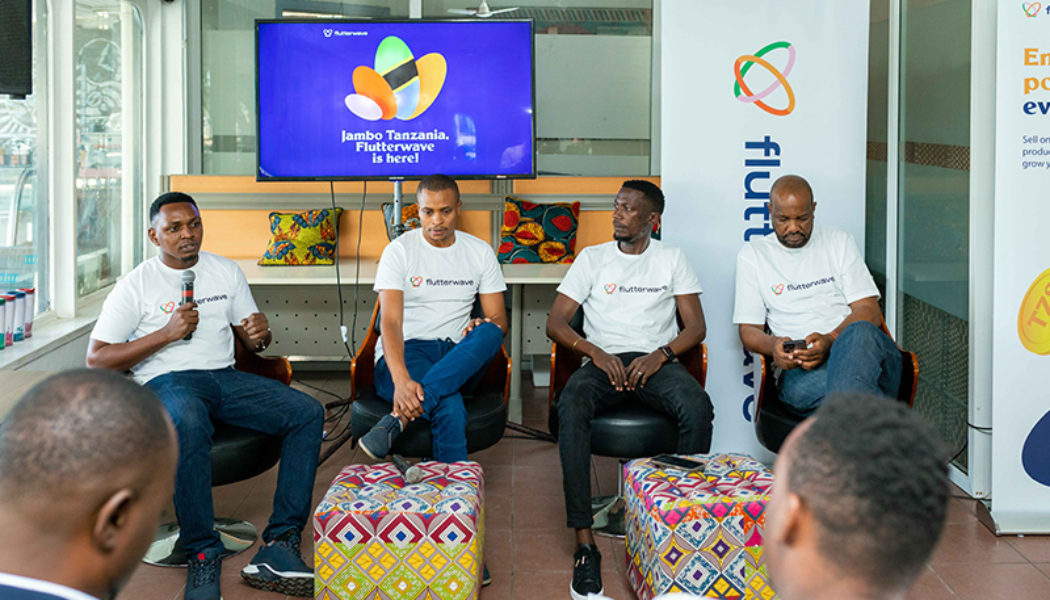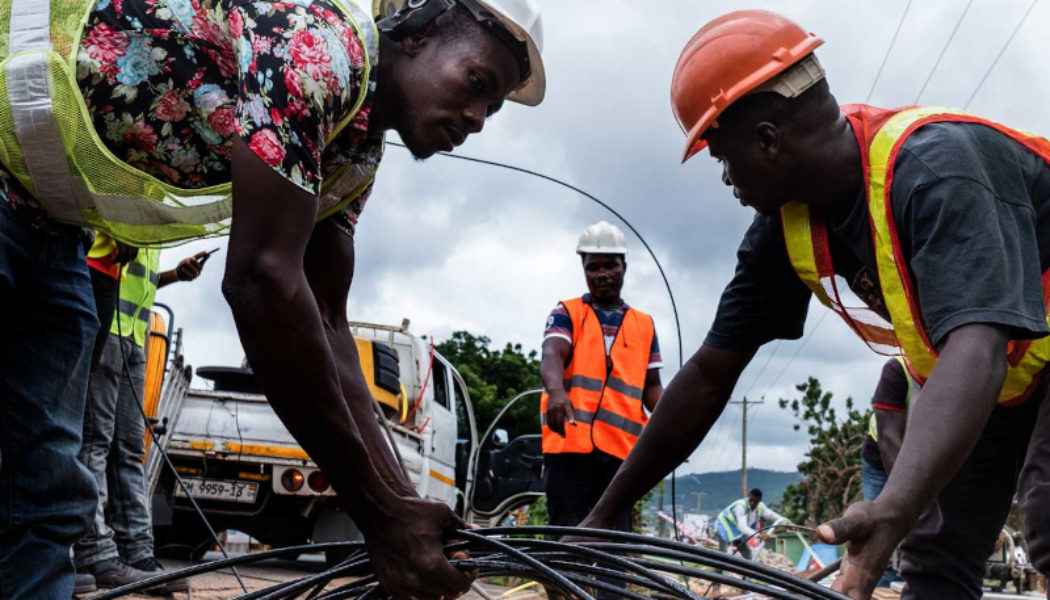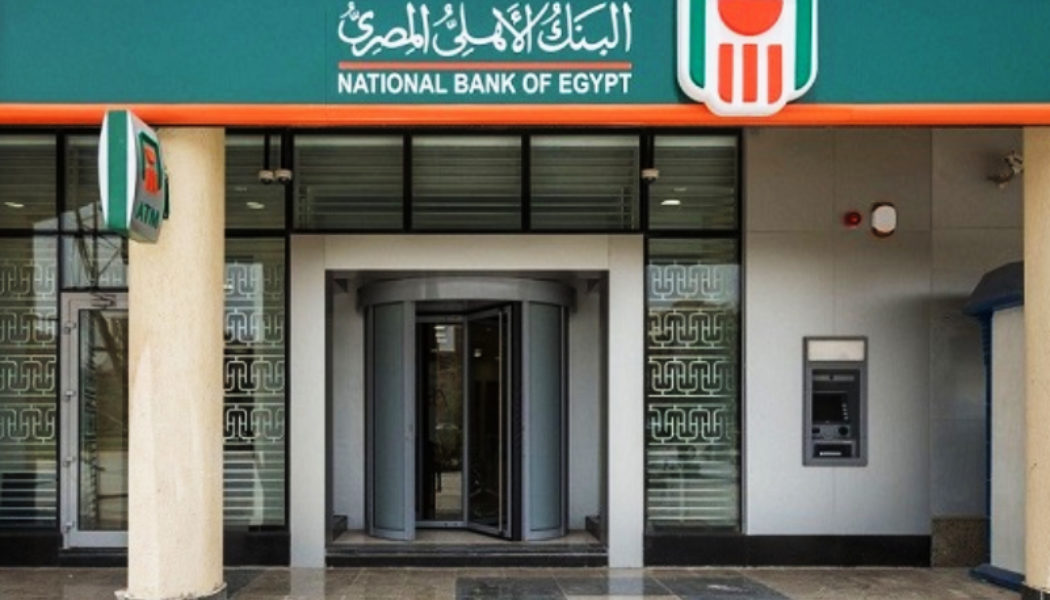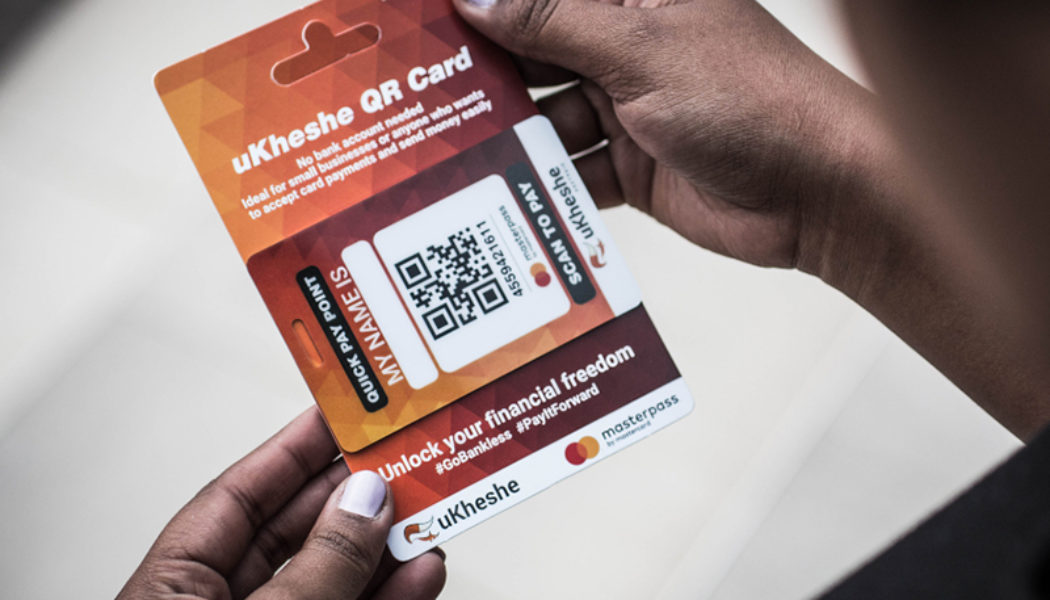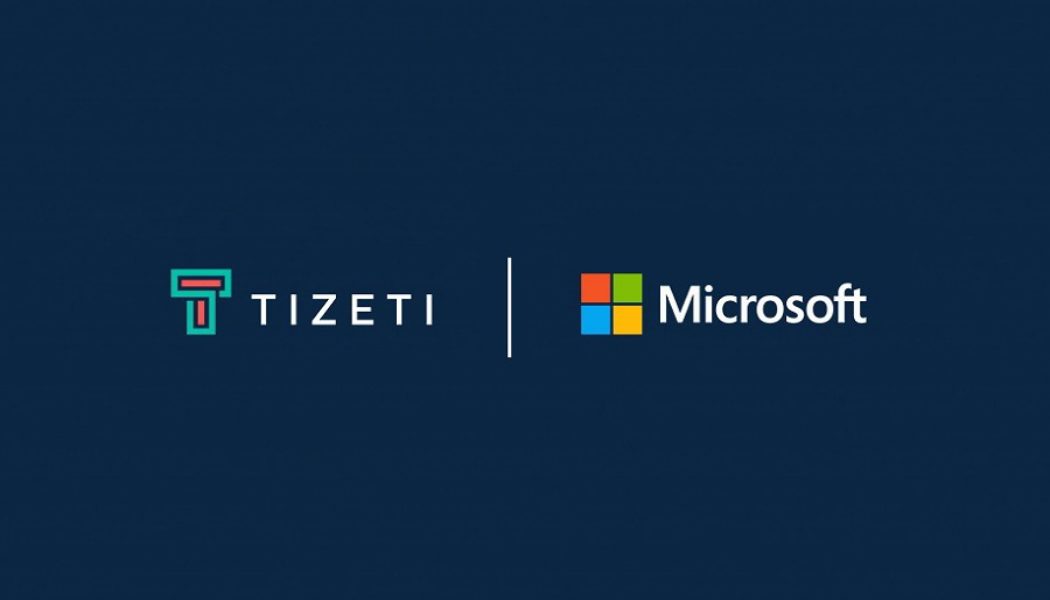latest tech news
Understanding the Risks to Cryptocurrency Trading
Sourced from Hacker Noon. Alongside self-fertilizing crops and low-carbon shipping, cryptocurrencies have made the World Economic Forum (WEF) list of top tech trends in 2022 bolstered by research by the Thomson Reuters Foundation that describes it as moving from the ‘fringes of finance to the mainstream’. Perceptions around cryptocurrencies have shifted, with several countries adopting it as legal tender, banks looking to create their own forms of digital currency, and consumers putting their savings into crypto wallets instead of traditional financial institutions. Anna Collard, SVP Content Strategy & Evangelist at KnowBe4 Africa. Countries are either considering or are already partially using Central Bank Digital Currency (CBDC), which essentially allows for companies and individuals...
Exclusive Networks Africa Expands on Cloud-First Networking & Security Services Offering with New Infoblox Partnership
Exclusive Networks Africa is proud to announce a new partnership agreement with Infoblox, a leader in cloud-first networking and security services. Its solutions empower organisations to automate, standardise and accelerate the delivery of cloud-native and data centre network and security services, all from one place. The Infoblox vision is to dramatically simplify complex distributed networking and security, by delivering modern, cloud-first networking and security services that automate and streamline user experiences. Infoblox was founded in 1999 by Stuart Bailey in Chicago, Illinois, and is based at its global headquarters in Santa Clara, California, USA, with 28 offices worldwide. Ubiquitous visibility across the hybrid workplace “The hybrid workplace is here to stay, and this environ...
Mastercard & Ukheshe Launch “First-of-its-Kind” Virtual Card Solution
We use cookies on our website to give you the most relevant experience by remembering your preferences and repeat visits. By clicking “Accept All”, you consent to the use of ALL the cookies. However, you may visit “Cookie Settings” to provide a controlled consent.
The Challenges in Getting Internet Access to All South Africans
South Africa is on a drive to connect its citizens to the Internet. In November 2021, the Minister of Communications and Digital Technologies Khumbudzo Ntshavheni announced that the government was considering a programme to bring internet access to all South Africans within the next 24 months. Attempting to bridge the country’s digital divide, the programme would not only enable access to online services but also provide opportunities for a digitally-driven economy. The proposed programme indicates South Africa’s determination to embrace digital transformation. Never before has Internet connectivity been so paramount to the expansion and development of economic activity, especially in the age of wide-reaching digital services. But what does broad Internet access look like locally, and what...
How Owning a Smart Home Can Actually Save You Money in SA
We use cookies on our website to give you the most relevant experience by remembering your preferences and repeat visits. By clicking “Accept All”, you consent to the use of ALL the cookies. However, you may visit “Cookie Settings” to provide a controlled consent.




